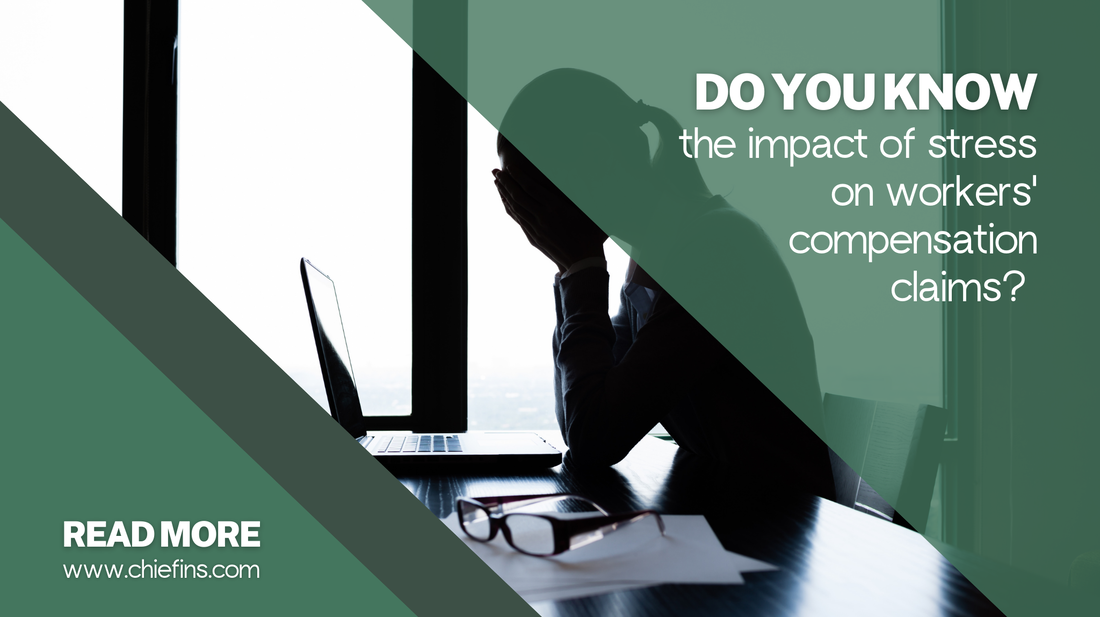|
Work-related stress is a growing concern in many industries, and it can have a significant impact on workers' compensation claims. Stress-related injuries can be difficult to identify, and they may not appear until weeks, months, or even years after the initial exposure. Here are some of the ways that work-related stress can impact workers' compensation claims: 
0 Comments
Leave a Reply. |
AuthorChief Insurance Solutions LLC - Expert Advisor Categories
All
|

 RSS Feed
RSS Feed
